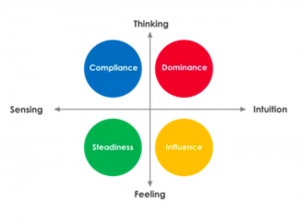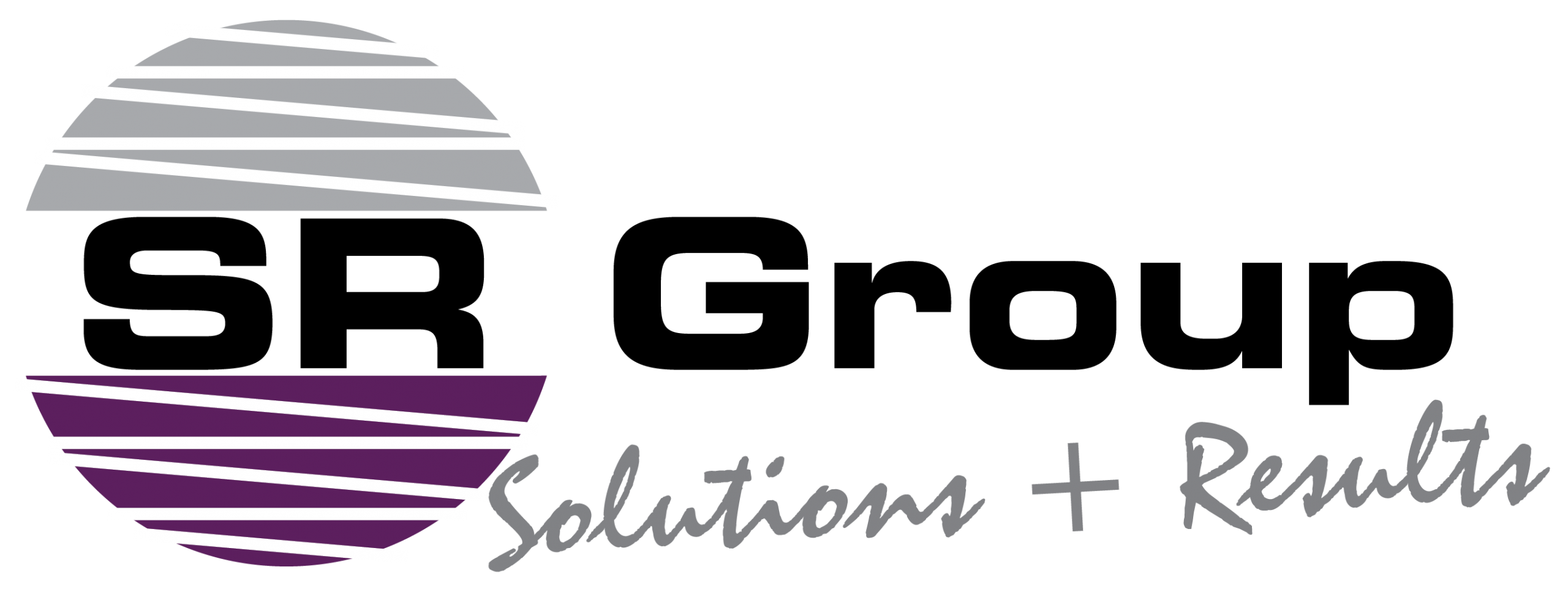
Four Ways to use DISC Profiles in the Workplace
Introduction to DISC
DISC Methodology is built upon the theories penned by William Moulton Marston in his book of Emotions of Normal People in 1928 and Carl G. Jung’s behavioural axis. Approximately 20 years later, the first selection tool was developed, the Activity Vector Analysis by Walter Clarke.
In 1991 Jukka Sappinen, an MBA graduate from the Helsinki School of Economics, began to develop an application for his clients. The idea was formed when Sappinen identified a gap in the market for an online platform that incorporated a range of behavioural based tools from one platform.
The instrument was developed and honed over several years (1991 – 1994), in Finland with the cooperation of key clients and experts in psychology, statistics, HR, consulting and IT. In 1994, Extended DISC® was launched and was introduced to international markets in 1997. Extended DISC® is used by companies and organisations globally, wanting to achieve more effective teamwork, increase sales performance, and improve working relationships.
The DISC Styles
The original DISC theory draws on four primary factors of a person’s behaviour. These four factors, Dominance, Influence, Steadiness and Compliance (DISC), help to describe a person’s natural behavioural style. Each letter represents a different type of personality style, also known as temperament or behavioural traits. Extended DISC® Assessments draw on these four factors to create combinations of behavioural styles.
The DISC Model

The tool can identify approximately 160 different styles, far more than any other DISC personality test. Extended DISC® Assessments are validated on a bi-annual basis and retain high reliability and consistency each year.
DISC and Team Building
Extended DISC® Assessments are used across different business functions and most widely used in Team Building. A team consists of people performing various tasks under a shared space while interacting with people who have different behavioural styles. Knowing how the members of the team think, feel and work, makes it much easier to function effectively as a team. Extended DISC® Assessments provide creative ways to coach employees, resolve conflicts, support teams, and provide them with the tools they need to work well collectively. Extended DISC® Assessments can help to better understand a team’s strengths and weaknesses, and give a complete depiction of the group, as well as the individual members.
Effective Communication
The majority of our day is spent interacting with various DISC personality types, at home and in the workplace. Excellent communication skills are essential to help deliver our message and achieve the desired outcome. Through an Extended DISC® Communication Assessment, team members can understand the different styles or methods of communication each person prefers. The communication assessment also assists employees to understand their own innate communication style. Once team members are aware of the variety of communication styles in the team, they can begin to adjust their own style to the preferences of others. Enhanced communication skills lead to an improvement in team performance, and conflict is mitigated.
Improved Engagement
If you notice employees are sluggish, unmotivated, or unfocused, chances are they have a low level of engagement in their position. Managers can put measures in place and enhance performance through an understanding of their employees’ DISC types. Extended DISC® Assessment results help to build a practical growth plan to improve their employee’s strengths and make them aware of their development areas. Managers can learn what actions to put in place in the environment to motivate their employees and delegate tasks accordingly. Extended DISC® Assessments work to positively transform individual performance and elevate overall team productivity.
Choose the best fit for your Organisation
Implementing Extended DISC® in the selection process can help recruiters determine the right fit when recruiting. Assessments can identify people that have a natural behavioural match to the types of tasks required in a role. Recruiters can also evaluate where there are behavioural gaps in the team and hire to fill these gaps. Extended DISC® Team Assessments help ensure there is a range of different behavioural styles to build a cohesive and forward-thinking group.
Using Extended DISC assessments, recruitment managers and consultants gain easy to understand information to help them make fewer mistakes and more accurate hiring decisions. Newly hired employees are more motivated and produce results more quickly.
Extended DISC® Assessments are flexible and offer a variety of options for individual and group evaluation. Extended DISC® Assessments do not require the user to learn complicated evaluation terms or memorise seemingly endless combinations of variables. Once you understand your own profile, you can learn to adjust your natural working style to nurture better collaboration between team members. Extended DISC® Assessments provide an opportunity to help your team develop effective working relationships that have a positive impact on corporate culture and productivity.
SR Group uses the more advanced and powerful tool, Extended DISC to enhance personal and team performance. If you would like a sample report to see what sort of valuable information it uncovers or would like more information about implementing psychometric assessments into your workplace, please contact me directly.
With thanks to HR Profiling for the majority of the background information in this article.









No Comments
Sorry, the comment form is closed at this time.